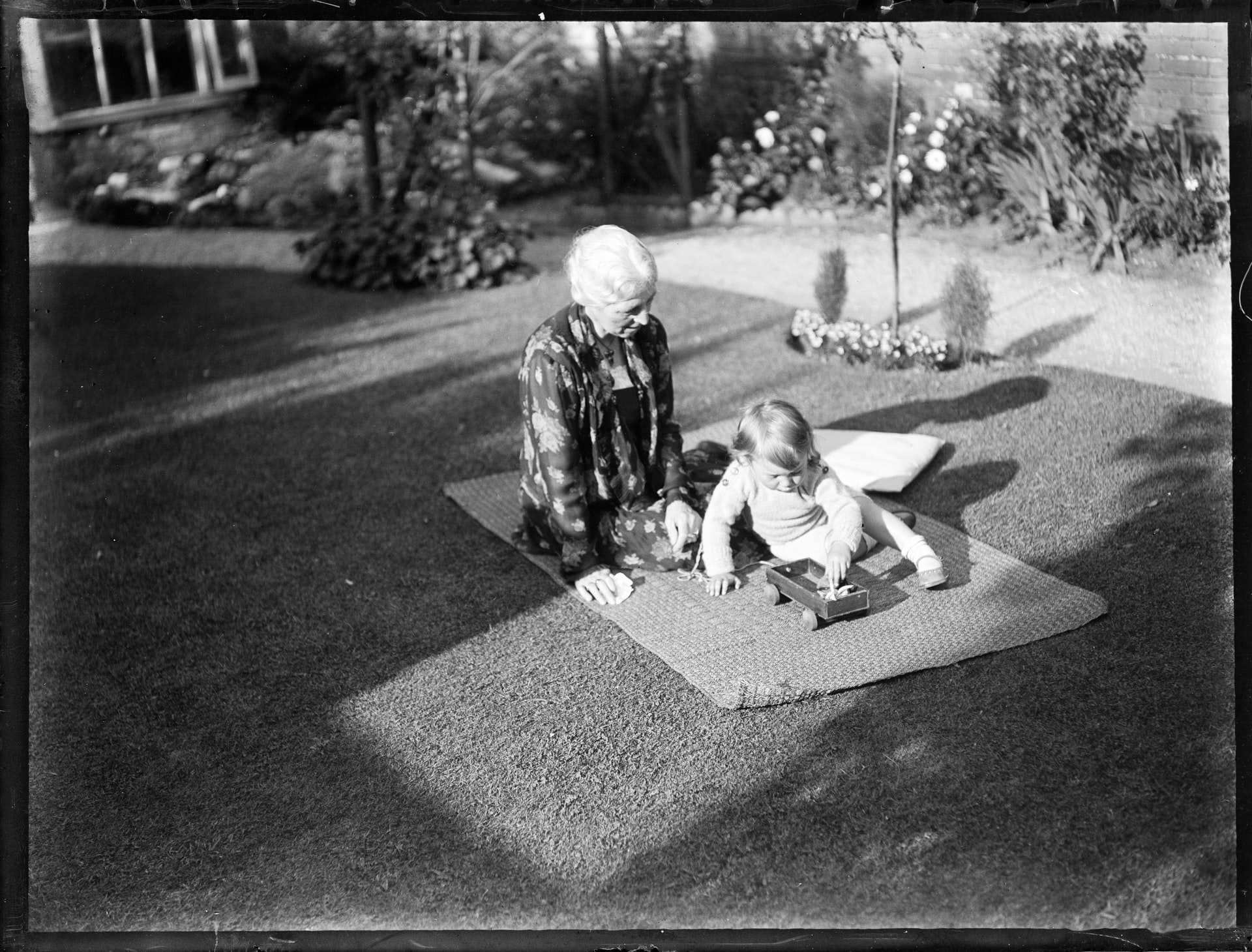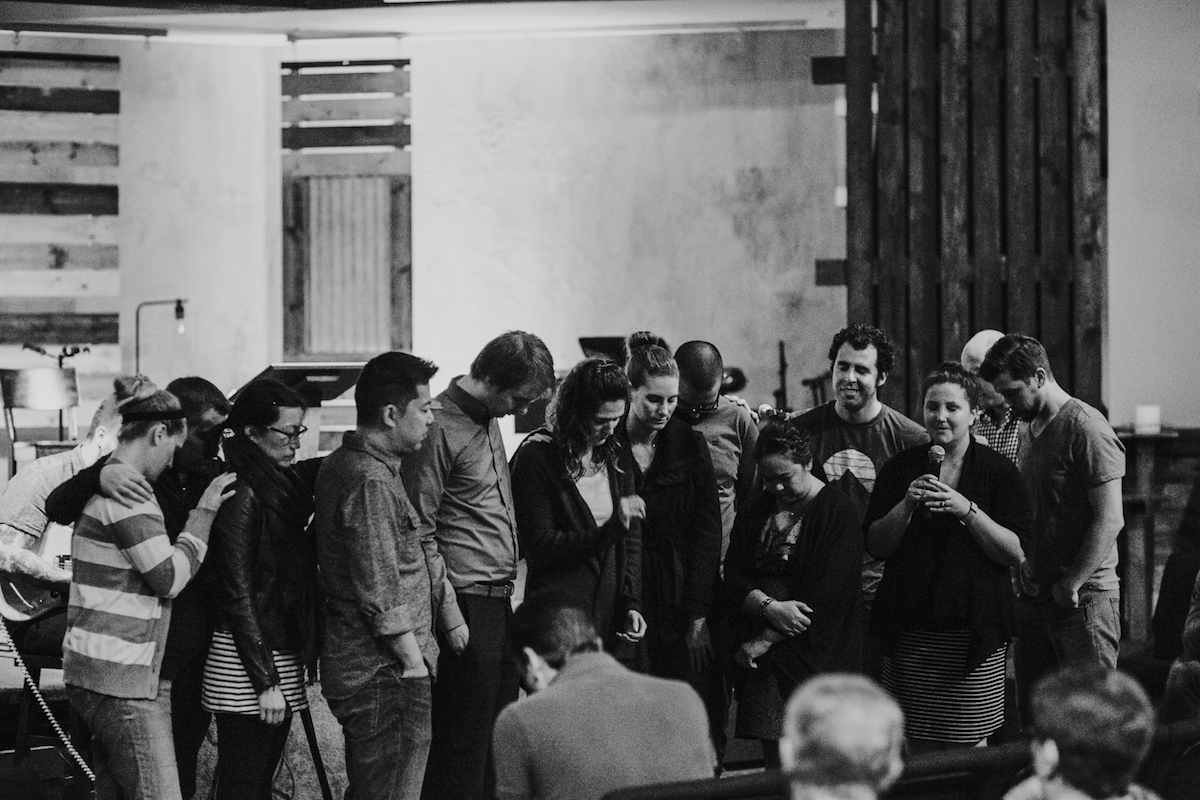Ó ghlúin go glúin in Irish means “from one generation to the next.” However, the literal translation is more poetic: “from knee to knee.” Think of a child sitting on a parent’s or a grandparent’s knee, listening to them recount their stories, passing wisdom from one generation to the next. This is how stories are shared, how love and faith are shared.
Our vision as churches should be to see the gospel impact lives and communities from one generation to the next—this is the heart of glúinta. I imagine many of us would declare a hearty “Amen!” to this vision. So why, then, is it such a struggle for us to work for the distant future?
The Rush of the Now
In some ways, this view of generational impact isn’t natural for us church planters as, with every heartbeat, we feel we’re missing out, falling short, or failing to act in the here and now. There’s always a diem that we feel we aren’t carpe-ing.
The cultural moment we inhabit is one of progress, effectiveness, and multiplication, and the danger is that we get swept up by a relentless desire for the next best thing. We’re often captivated by the near future at the expense of the distant future. Our vision as churches should be to see the gospel impact lives and communities from one generation to the next—this is the heart of glúinta. Click To Tweet
Church planters tend to be somewhat entrepreneurial. As the A-Team declares after being locked in a shed and coming out with an elaborate scheme, “I love it when a plan comes together!” The issue, though, is that the plans need to keep coming every week.
To keep up the buzz, the schemes grow more elaborate and, somewhat predictably, depend on the experts currently in town. What happens when they leave, grow old, or die? Should our churches simply wait for another A-Team to roll into town?
The Desire to Impress
As church planters, do we see ourselves as parents and grandparents recounting stories for future generations, or are we a band of outlaws rustling up plans in sheds?
Of course, we know our churches require both of these personalities at different times. Yet in our hearts, it’s much more impressive to be one rather than the other. People are looking to us for answers, vision, and plans. It’s tempting to focus on the here and now rather than setting things in place for growth beyond our lives.
We all know the right answer—the one informed by our theology, ecclesiology, and understanding of church history—yet we continually run toward the exciting action right in front of us. We need to find and pursue those upon whose knees we can sit, who can pass on their story and model the faithful plodding of ministry that will spill over to the generation after us. Click To Tweet
So how can we take tangible action to grow our focus on passing on the faith generationally? Here are three steps:
1. Pursue the Older Generation
If the last 20 years of church-planting culture have taught us anything, it’s that this journey is energetic and explosive. Yet it has also taught us that we can often be overextended, without foundation, and prone to quick collapse.
While we crave energy, giftedness, and dynamism within our churches, it’s often at the expense of wise counsel. We need to find and pursue those upon whose knees we can sit, who can pass on their story and model the faithful plodding of ministry that will spill over to the generation after us.
2. Remember What We Have
We have a story of faithfulness to share, not a plan to execute. We have the resources of our God and king and our community of gospel partners; we don’t have to make do with lollipop sticks and tape. We’re part of God’s mission to go into the world to see his glory displayed and lives transformed, not to win a competition of our own making. Our mission is about generations to come, not the next quarter in our church’s annual planning.
In Christ, we also have the eternal and unchanging welcome of God. We don’t need a cape to be impressive. Before God, a feeble grandparent passing on the Word of life to future generations could be more admirable than the latest dramatic ministry success. What we have in Christ is more than enough.
3. Remember It’s God’s Story
By God’s grace, our church will outlive me. I need to be not only OK with that but actively working toward it. I need to lay my life down for the next generation, sit at the knee of past generations, and make my knee available for future ones. I need to lay my life down for the next generation, sit at the knee of past generations, and make my knee available for future ones. Click To Tweet
If I’m honest, this pains me at times. Why should I sweat over foundations when someone else gets the fun job of choosing which coffee machine to buy? Why am I spending my life in an unknown rural church when I could be pastoring a bigger, more successful congregation elsewhere?
But my complaints uncover not only dissatisfaction with what God has called me to do but the lens through which I’m viewing ministry. These are not our churches; this is not our fruit; these are not our people. They belong to King Jesus. It’s his story we’re telling of his impact throughout generations past and those to come.
When we think about our glúinta, our knees, let’s consider the faithful work of the gospel generations—those who have raised us in the faith—and the privilege and calling we have to see this story passed on to the next knee. Our story is part of our Saviour’s story, and his story is worth passing on.










